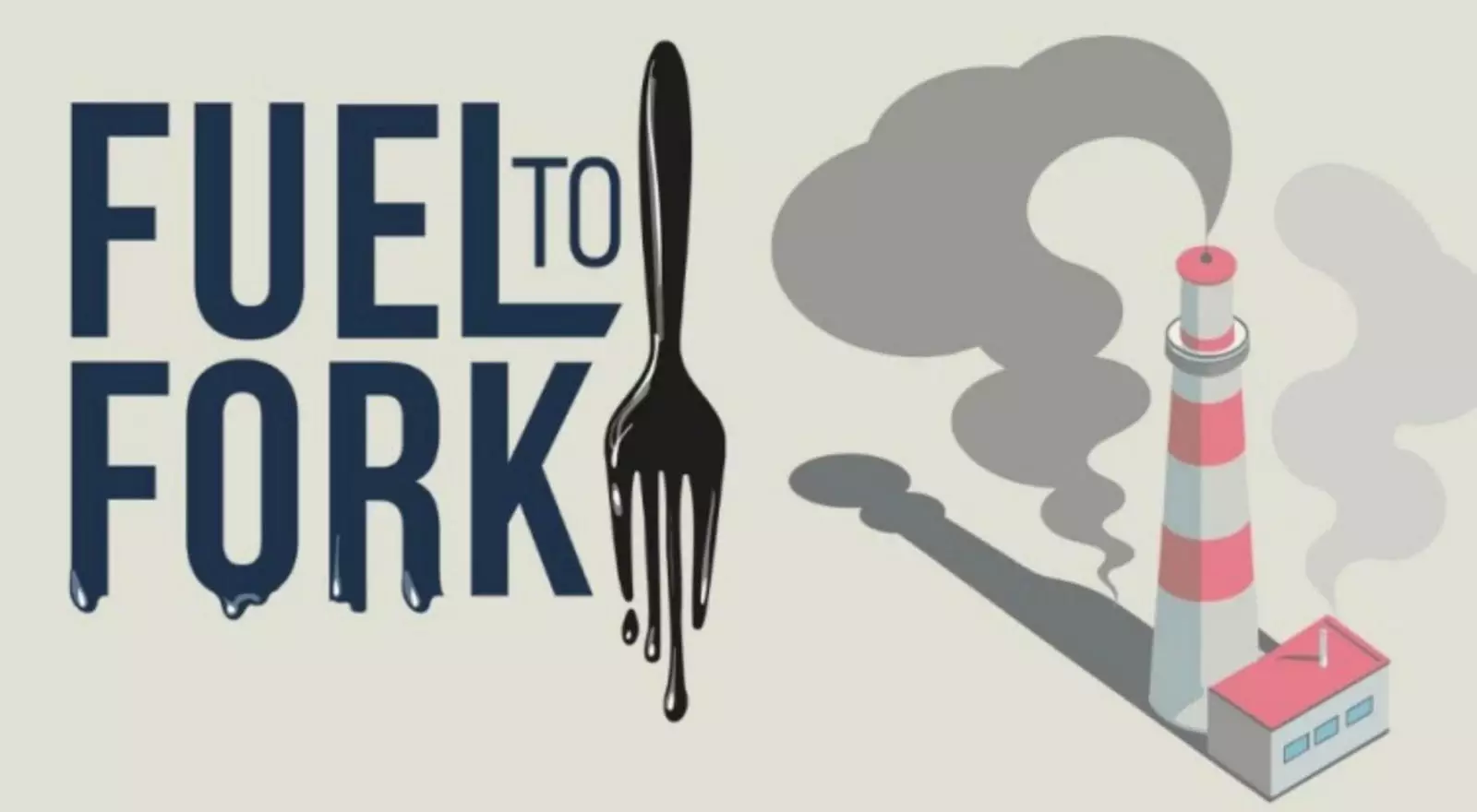When we ponder the journey our food takes to reach our plates, the intricate and often overlooked reliance on fossil fuels becomes increasingly evident. From the moment a product enters the grocery store to the eventual consumption of that food, fossil fuel use permeates every aspect of the food supply chain. It’s not just the fuels powering the transport vehicles; it encompasses the energy-intensive refrigeration systems, the machinery used in both production and packaging, and even the plastics that encase our food products. This pervasive dependence on fossil fuels marks a critical area in the discussion of sustainability and climate impacts related to food production.
The recently launched podcast series, “Fuel to Fork,” highlights this intricate relationship between fossil fuels and our food systems. Produced in collaboration with entities such as IPES-Food and the Global Alliance for the Future of Food, this series provides a profound look into how deeply embedded fossil fuels are in our food supplies. With seven episodes that investigate the systemic use of fossil fuels from farm to fork, the series raises essential questions about our current agricultural practices and the pathways leading to a more sustainable future.
Food systems contribute significantly, around 15%, to global fossil fuel consumption—a stark reminder of the behind-the-scenes processes that make our meals possible. This includes the extensive energy consumed during food processing, packaging, transportation, and waste management, with processing and packaging stages accounting for 42% and retail consumption contributing an additional 38%. It starkly highlights that for every calorie we consume, approximately ten calories of fossil fuel energy are expended.
Focusing solely on agricultural practices often oversimplifies the challenges we face when considering food sustainability. Processing, packaging, and transportation not only determine the quality and availability of our food but also dictate our reliance on non-renewable energy sources. As the market for ultra-processed foods and prolonged supply chains expands, the fossil fuel consumption associated with these practices is expected to intensify further.
Rather than decreasing, the demand for fossil fuels in the food sector is shifting towards petrochemicals. These substances serve as crucial components for plastics and fertilizers, driving an insatiable need for oil and gas resources. Projections indicate that by 2050, production requirements for fertilizers alone could necessitate a 50% increase in nitrogen fertilizer use, which currently represents 5% of global natural gas consumption.
The concerns raised by experts, such as Anna Lappé, reflect an alarming scenario where steps meant to address climate change inadvertently exacerbate underlying issues. Petrochemicals, mainly through fertilizers and pesticide production, are forecasted to come to the forefront of global oil demand growth. With petrochemical products now contributing to approximately 75% of all petrochemical production, this sector holds severe implications for climate and sustainability efforts.
Humans have spent thousands of years shaping agricultural practices with minimal reliance on fossil fuels, suggesting that alternatives do exist. Solution-oriented models are emerging, particularly in diverse regions known as the Global South, as well as in socioeconomically marginalized communities in the United States. These initiatives strive to create a more equitable food system while reducing fossil fuel reliance.
However, truly addressing this crisis necessitates a committed approach involving public financing and a carefully orchestrated Just Transition. Such efforts must consider local contexts while focusing on sustainable practices that can reorient the entire food system away from fossil energy dependencies. By doing so, we may be able to rectify the multifaceted challenges posed by our current food production methods, ultimately steering the world towards a more resilient and sustainable future.
Our food system is deeply entwined with fossil fuels, casting shadows on the endeavors to combat climate change. It is imperative that as consumers and citizens, we champion a holistic approach to food sustainability—one that acknowledges and actively seeks solutions to the embedded fossil fuel reliance permeating our food supply chains.


Leave a Reply